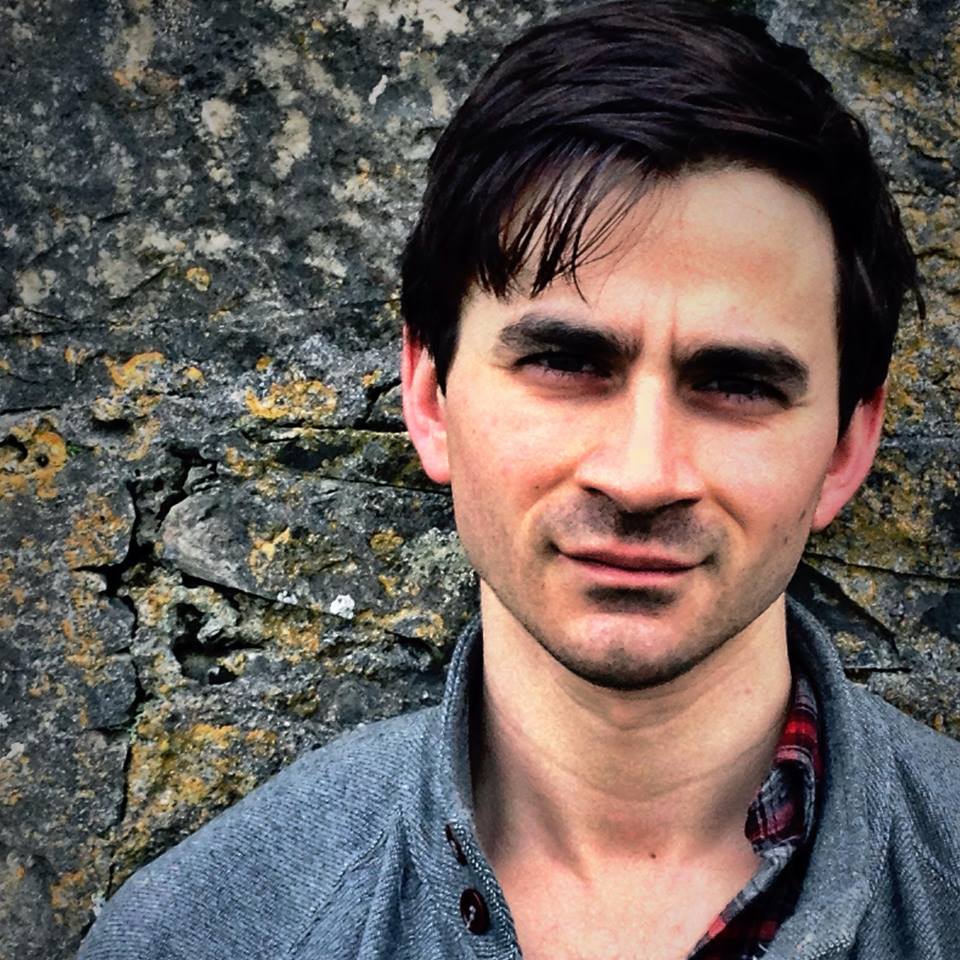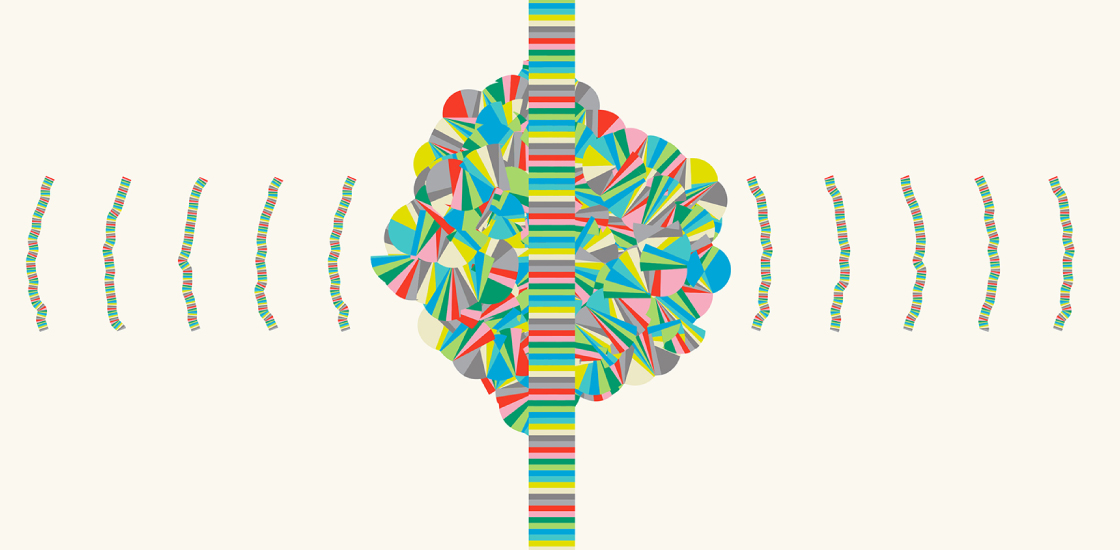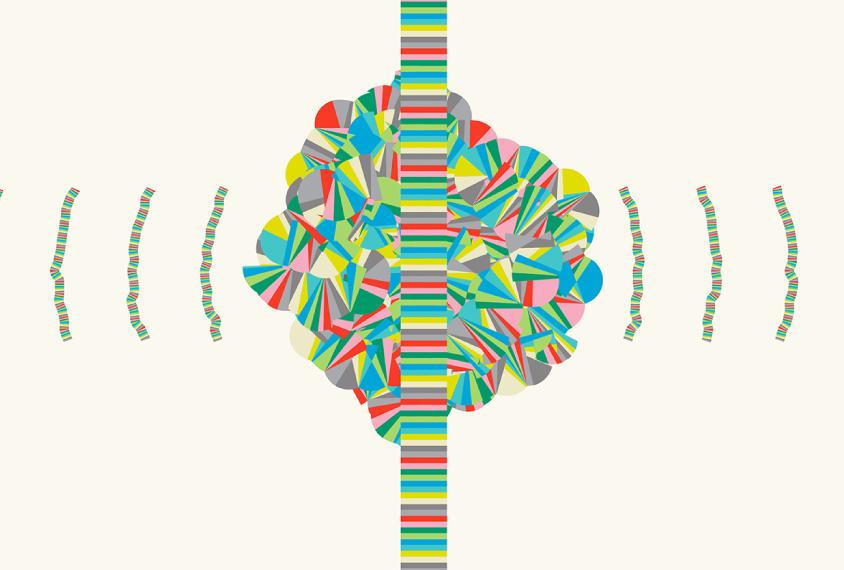Jacob Brogan is a journalist covering technology, medicine and culture. He holds a PhD in English Literature from Cornell University and lives in Washington, D.C.

Jacob Brogan
From this contributor
Spectrum Stories: Autism, in a manner of speaking
In this episode of “Spectrum Stories,” host Jacob Brogan explains how speech — from its rhythm to its emotional content — can differ in people with autism, making social communication difficult.

Spectrum Stories: Autism, in a manner of speaking
Spectrum Stories: Talking about autism mouse models
Scientists discuss the problems with using mice to study autism, and explain how the field might move forward.

Spectrum Stories: Talking about autism mouse models
Spectrum Stories: Camouflaging autism traits
In this episode, host Jacob Brogan explores how and why some women try to hide their autism. There are benefits to keeping the condition concealed, but this camouflaging comes with psychological costs.
Spectrum Stories: Shifting cultural views about autism abroad
In this episode, host Jacob Brogan talks to autism researchers and families with children on the spectrum in France and Ethiopia. However different the two countries may be, advocates in both places are working to overturn outdated beliefs about autism that blame parents and block access to evidence-backed services and treatment.

Spectrum Stories: Shifting cultural views about autism abroad
Spectrum Stories: Where autism meets sleeplessness
Scientists are trying to understand why people with autism so often have trouble sleeping, and how to help them.

Spectrum Stories: Where autism meets sleeplessness
Explore more from The Transmitter
Two neurobiologists win 2026 Brain Prize for discovering mechanics of touch
Research by Patrik Ernfors and David Ginty has delineated the diverse cell types of the somatosensory system and revealed how they detect and discriminate among different types of tactile information.

Two neurobiologists win 2026 Brain Prize for discovering mechanics of touch
Research by Patrik Ernfors and David Ginty has delineated the diverse cell types of the somatosensory system and revealed how they detect and discriminate among different types of tactile information.
Shifting neural code powers speech comprehension
Dynamic coding helps explain how the brain processes multiple features of speech—from the smallest units of sounds to full sentences—simultaneously.

Shifting neural code powers speech comprehension
Dynamic coding helps explain how the brain processes multiple features of speech—from the smallest units of sounds to full sentences—simultaneously.
Astrocytes orchestrate oxytocin’s social effects in mice
The cells amplify oxytocin—and may be responsible for sex differences in social behavior, two preprints find.

Astrocytes orchestrate oxytocin’s social effects in mice
The cells amplify oxytocin—and may be responsible for sex differences in social behavior, two preprints find.